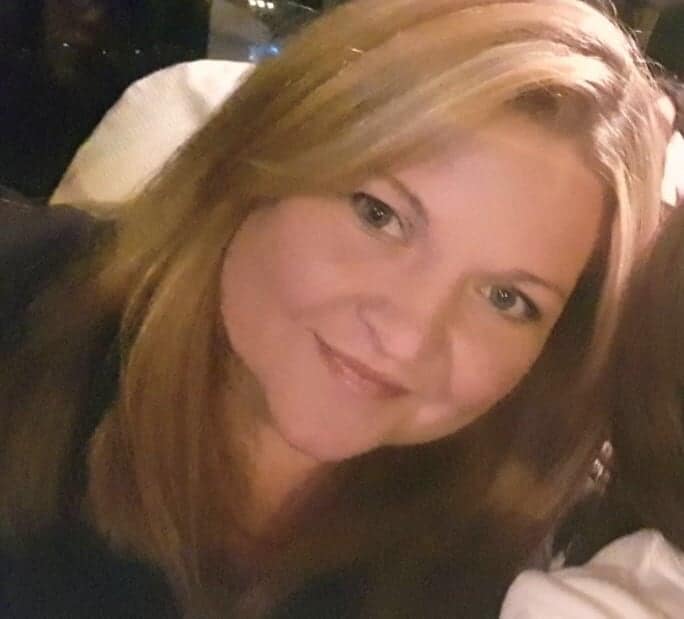
Marie Harwanko is a trained spiritual director. In this feature, she shares insights with MysticMag about how spiritual guidance can help explore and nurture your spiritual journey.
Please tell us a bit about your background and what led you to help guide others in their spiritual journey.
Faith has always been a part of the fabric of my life. I was introduced to spiritual direction as a young adult and studied Theology as an undergrad. My professional life was working in Corporate IT but I continued to nourish my spiritual life through ministry in my parish. I attended directed retreats, experienced the spiritual exercises of St. Ignatius on a 30-day retreat, and began studying part-time for a Masters in Pastoral Ministry.
My experience working with people, who struggle with their faith, led my own spiritual director to suggest training in spiritual direction. I enjoy working with people of all faiths and have discovered that our prayer life is as diverse as our personalities. God loves all of us and leads all of us in our faith journey.
How would you describe Spiritual Direction?
A spiritual director, also known as a spiritual companion, is a trained listener who walks the journey of faith with an individual. It is God who directs the individual and we listen for moments of grace in the person’s life. The relationship is confidential. The benefits are that it encourages us to have a prayer life. It helps us to focus on our true selves and recognize the spiritual challenges in our lives.
Spiritual direction is not psychological counseling. It is purely faith-based.
What can people do to get the most out of spiritual guidance?
The most important factor is to have the desire to grow in faith and be willing to spend time in prayer each day. Keeping a faith journal is also helpful.
The words of St Paul remind me of the comparison of the spiritual life with athletes competing in a race. St Paul said “I have competed well, I have finished the race, I have kept the faith”. (2 Timothy 4:70). Athletes don’t run a race without working out beforehand. The spiritual journey is no different. The exercise of prayer takes discipline and time. Spiritual direction can encourage us to be faithful to a prayer life.
In your opinion, why do people lose hope in difficult situations, and what can be helpful?
We all experience painful and difficult situations in our lives and we have two choices. One is to grieve and pray for the grace to move past the pain. The second is to cling to the pain and let it control us. When we lose hope, we don’t allow ourselves to work through the issue and our focus is on our pain and ourselves.
It helps to have a trusted friend, a counselor or a spiritual director, who will listen and allow you to share this burden. God does not want us to walk alone and will place others in our path to give us hope.
Do you have any spiritual or self-care practices that you regularly follow or would recommend?
If you are new to prayer, I suggest that you walk through nature and thank God for the creation that is around you. Reading Psalms 148, 150 or 139 can help you to be in touch with the praise of our creator, both in nature and the creation of our own selves. Thank God for the good that you see in and around you.
Music and art are good resources for prayer. Music is my preference and there is a lot of Christian music that stirs the heart and soul. If you are struggling with yourself in a difficult situation, I recommend Lauren Daigle’s song “You Say” which is on YouTube. Chris Tomlin’s songs are excellent and are on YouTube.
One of the practices that I use is reading Scripture and underlining words or phrases that speak to me. I then talk to God about them and write a letter to God in my journal. If you read the Gospels, try to identify with one of the characters and talk to God about them.
There are many spiritual books written and movies such as “The Chosen” which will inspire prayer. The choices are endless.



